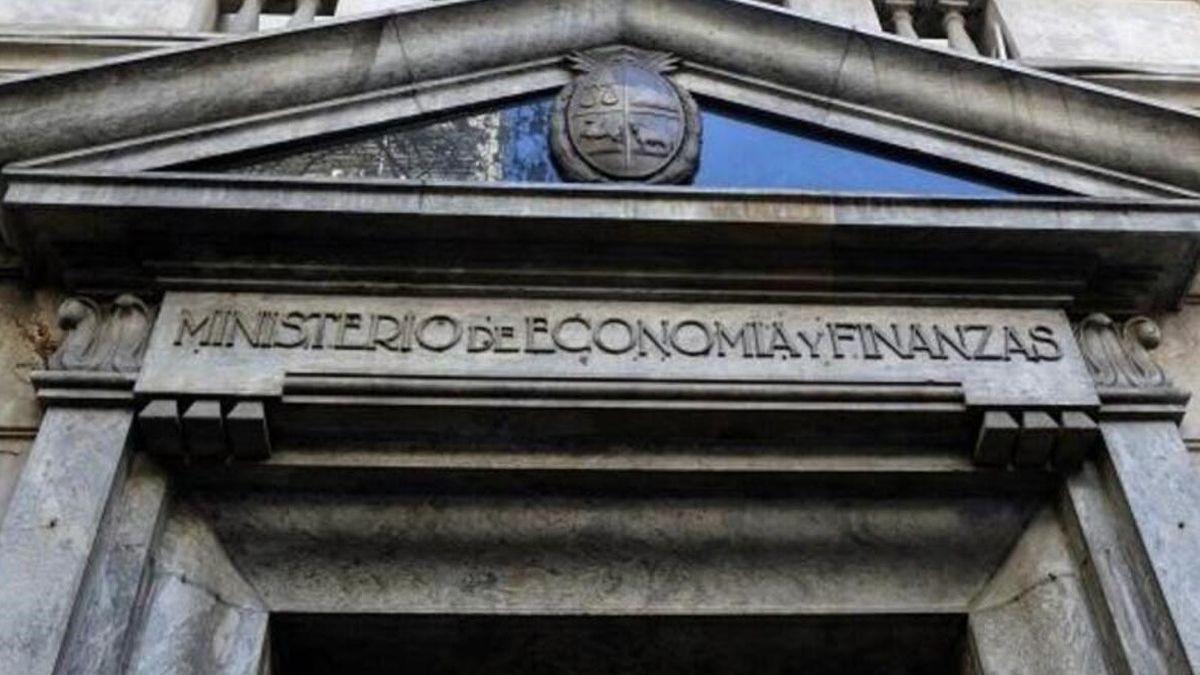A report of the Catholic University of Uruguay (UCU) analyzed the fiscal deficit of the government at the end of the year prior to the elections presidential elections of 2024 and compared it with the average result of previous administrations since the return of democracy in 1985.
The study assumed that the evolution of the fiscal deficit It is closely related to the electoral cycle, specifying that “in general, governments adjust when they take office and adjust before leaving,” which usually aggravates the result at the end of the administration.
From the report of the UCU It follows that, when evaluating the fiscal result for each of the five years of the “average government” between 1985 and 2019, it can be seen that the best year in fiscal matters is the third and the worst is the fifth.
The survey of the Observatory headed by the economist Javier de Haedo highlighted that between those years the average fiscal deterioration is 1.3% of the GDP. “However, if the government of Jorge Batlle, which was the only one in which this norm was not met (the fiscal result improved by 2.1% of GDP between years three and five), the average deterioration of the other six governments is 1.9% of GDP”, posed the text.
Grafiucu.jpg
Current data and future forecast
When analyzing government data, the UCU excluded the “COVID tax effect”, an extraordinary factor (presented in red on the graph). There it is seen that the best year is “almost” the third, since in September of that year and shortly after the end of the fourth year, 12 months later, the deficit reached 4.2% of GDP, that is, the result is It deteriorated 2.3 points, in a situation that was even warned by Fitch Ratings.
For the survey, “the initial fiscal adjustment was temporary in nature, among other reasons, due to the real fall in wages and the passivities and the slowdown in investments” and explained that “it was not a permanent, structural adjustment of spending, but rather it was just a temporary repression.”
And he compared: “The opposite occurred in the 12 months to September, when all components of primary spending rose considerably.” In that direction, the survey indicated that the deterioration was not “the fault” of the income of the Non-Financial Public Sector (SPNF).
Looking ahead to next year, the UCU He anticipated that “an additional recovery of salaries and liabilities is in process and it is foreseeable that there will be an incremental boost in SPNF investment,” while highlighting that “the evolution of collection is unpredictable in the context of sustained spending.” of households outside borders, particularly in Argentina”, due to the impact of the exchange difference.
Source: Ambito




